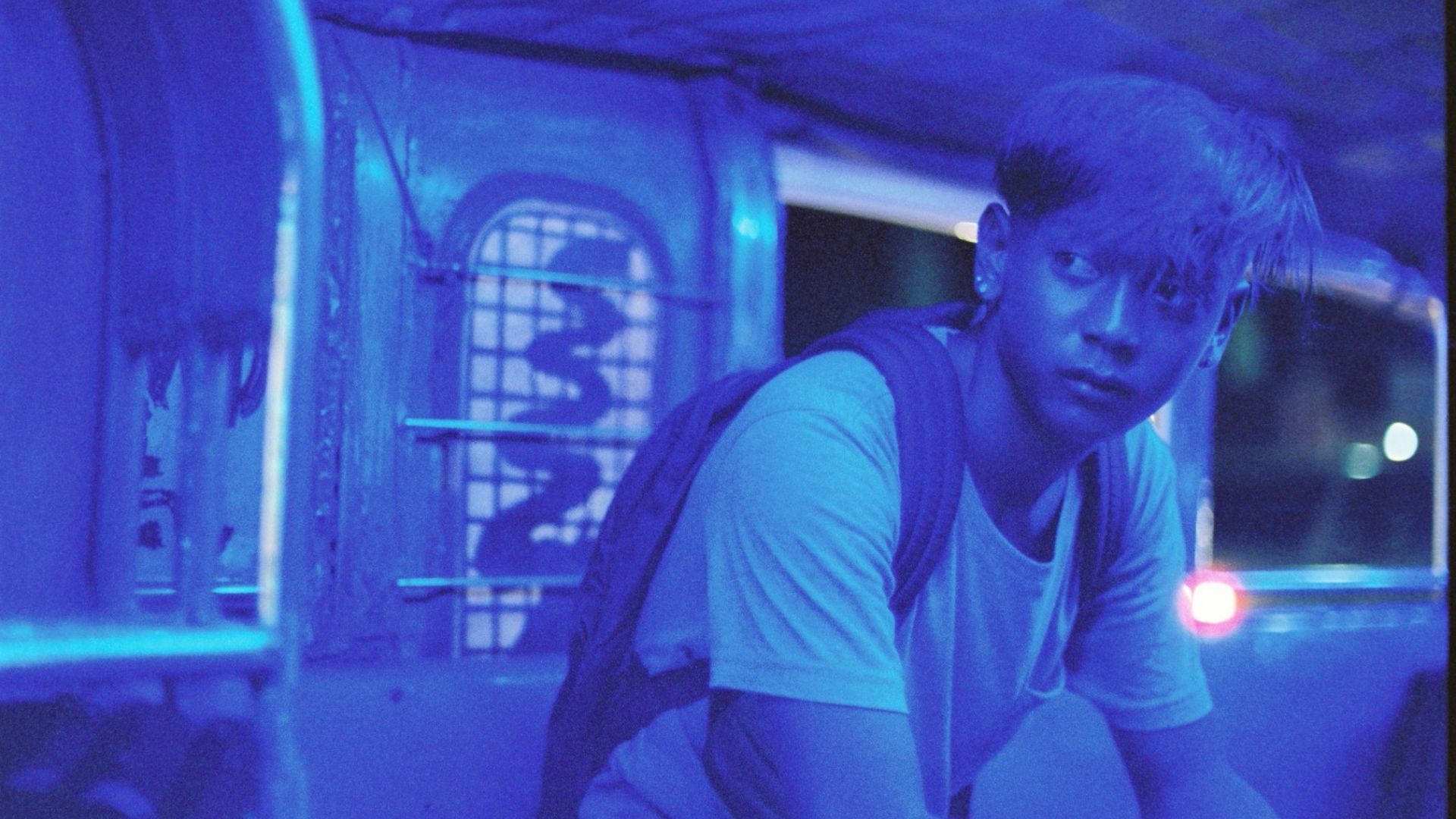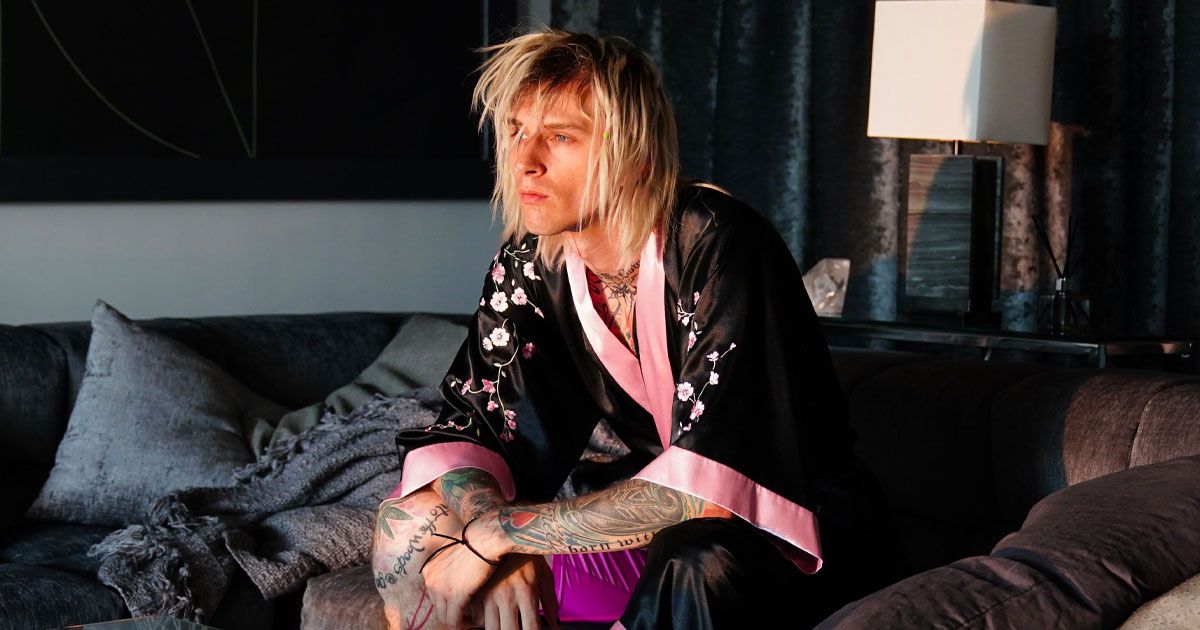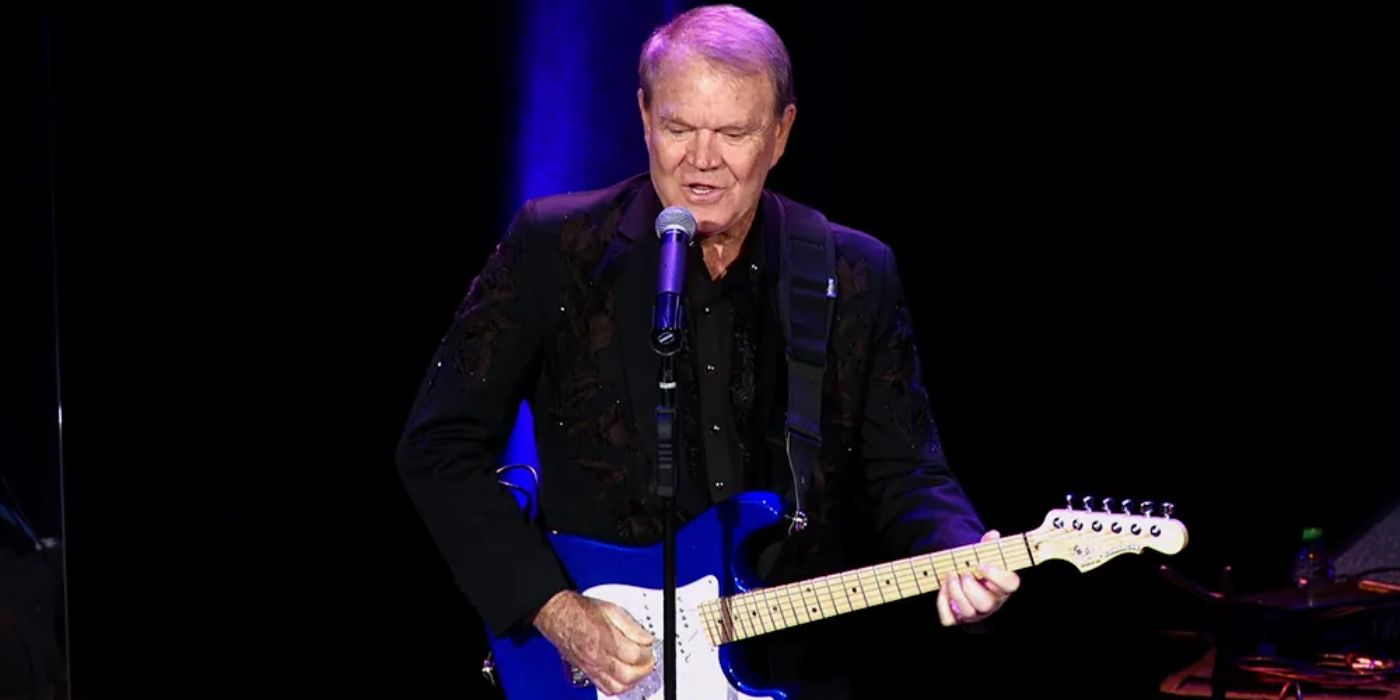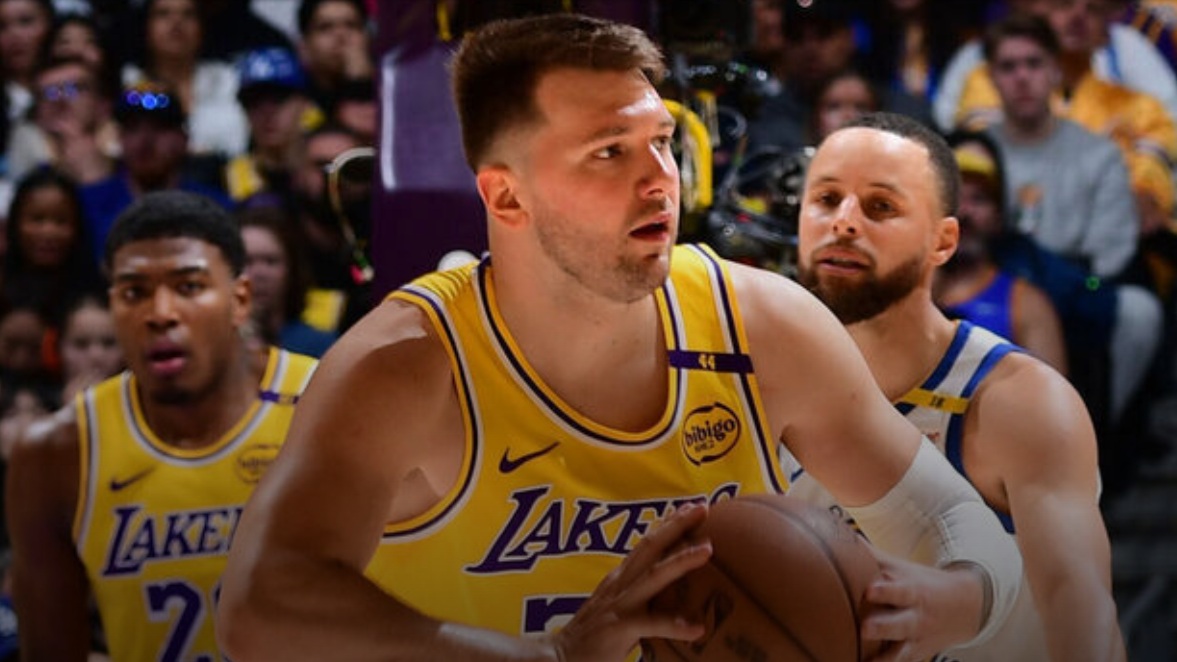The series has an incredible centerpiece with Fishback, who has always led with range and muted rage, from her debut performance in “Night Comes On” to “Judas and the Black Messiah.” Fishback makes this character more than just a fan; she reflects the culture. Her emotions, physicality, and her entire existence are steered by what someone says about Ni’jah. Fishback surprises you throughout the series with the increasing depth she takes with this character, a killer zealot who speaks with tears down her cheek about fantasies of hanging with Ni’jah as if they were real. The series’ satire is all the more heartbreaking and compulsively watchable because of Fishback’s dedication to every facet of Dre. And despite the disclaimer’s intent of culpability, she has the necessary empathy to soulfully portray the specific audience members “Swarm” is calling out.
“Swarm” is very selective about how much it divulges about Dre’s psychology, but those character details are almost extraneous (as in a later standalone episode that doesn’t quite justify itself). The series is also not precious when presenting mental health or obsession, and such flagrancy becomes a challenging but effective part of the show’s discomfort.
As an often-fascinating work about pop culture looking at itself, the series also features appearances from other stars who live in the reality of “Swarm,” making the show all the more valuable. One standout appearance comes from Billie Eilish, in her first significant on-screen acting role. As a pseudo cult leader that Fishback stumbles upon mid-season, Eilish proves able to harness her own megastar presence into a gentle but equally imposing force. It’s the controlled, confident stuff that turns musicians into movie stars, and we’ll remember where we saw it first.
“Swarm” is the kind of series that casts a spell even when it’s not fully working—its horror-comedy attempts at being funny are more effective with ironic developments or pitch-black bits of dialogue, like when someone compliments Dre by saying, “You should be a medical student, or a serial killer.” The hit-and-miss laughs it goes for more are mostly that of disbelief, that “Swarm” has unleashed another gruesome act often inspired by someone’s distaste for Ni’jah.
But it all returns to the fearless Fishback, who holds the absurdity and heart of this horror tale while echoing previous smiling psychos like Rupert Pupkin (“The King of Comedy“), Paul Allen (“American Psycho“), and Arthur Fleck (“Joker“). Fishback’s work channels the same way those characters have revealed the ids of their time period and left an unforgettable mark. Every pop culture movement creates its own killer. “Swarm” is just getting in formation.
Now playing on Prime Video.
You can view the original article HERE.




























